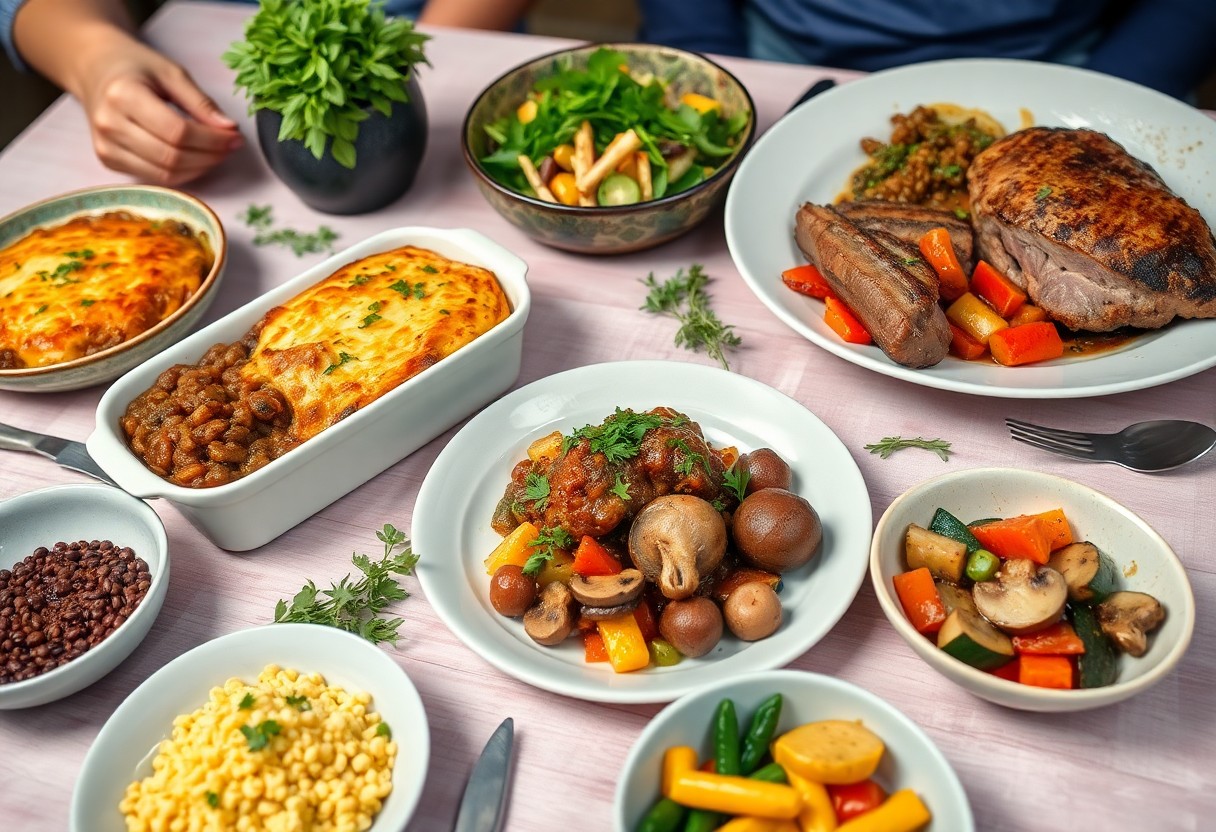This guide will help you seamlessly incorporate more plant-based foods into your traditional British diet. As you begin this journey, you’ll discover that adding more fruits, vegetables, legumes, and whole grains can not only enhance your health but also elevate your meals with vibrant flavors and textures.
First, assess your current eating habits. Take a week to record what you eat daily. Identify meals that primarily consist of meat or dairy and think about how you might replace these with plant-based options. It could be as simple as swapping a meat-based dish for a vegetarian alternative or adjusting your portion sizes.
Start by exploring the rich variety of plant-based proteins. Foods like lentils, chickpeas, black beans, and quinoa are excellent substitutes for meat. You can make a traditional British shepherd’s pie using lentils instead of minced meat, or try a chickpea curry served with brown rice for a satisfying meal. This not only cuts down on the meat consumption but also adds diverse flavors to your dinner table.
Next, incorporate seasonal vegetables into your meals. British cuisine is rich in options like kale, parsnips, leeks, and carrots. Stir-fry or roast these vegetables as a side dish, or include them in stews and casseroles for a hearty addition. Experiment with vegetable-packed soups, which make for a comforting meal and can be easily prepared in larger batches.
Some traditional British dishes can also be adapted to be plant-based. For instance, consider replacing the beef in a classic stew with mushrooms or a variety of root vegetables. You can even substitute dairy products with plant-based alternatives—almond milk or soy yogurt can usually be used instead of regular milk and yogurt in recipes.
When baking, try incorporating more fruits, nuts, and seeds. Reduce sugar by using bananas or applesauce in your cake recipes, and replace some of the flour with whole grain varieties or perhaps ground oats. This not only enhances the nutritional value of your baked goods but introduces different flavors and textures.
Make sure to educate yourself on herbs and spices that you can use to enhance the flavors of your meals. British cuisine often relies on simple seasoning, but by adding delicious herbs like rosemary, thyme, and basil, you can highlight plant-based dishes and make them irresistible.
Finally, set realistic goals. You might start by designating a few days each week as meat-free, gradually replacing meat with plant-based options in your favorite dishes. Over time, you may find that you prefer these meals, making it easier to integrate plant-based foods into your everyday diet.
All things considered, enhancing your traditional British diet with more plant-based foods is a fulfilling and health-conscious journey. With these practical tips, you can enjoy a wide variety of meals that are both nutritious and satisfying.
